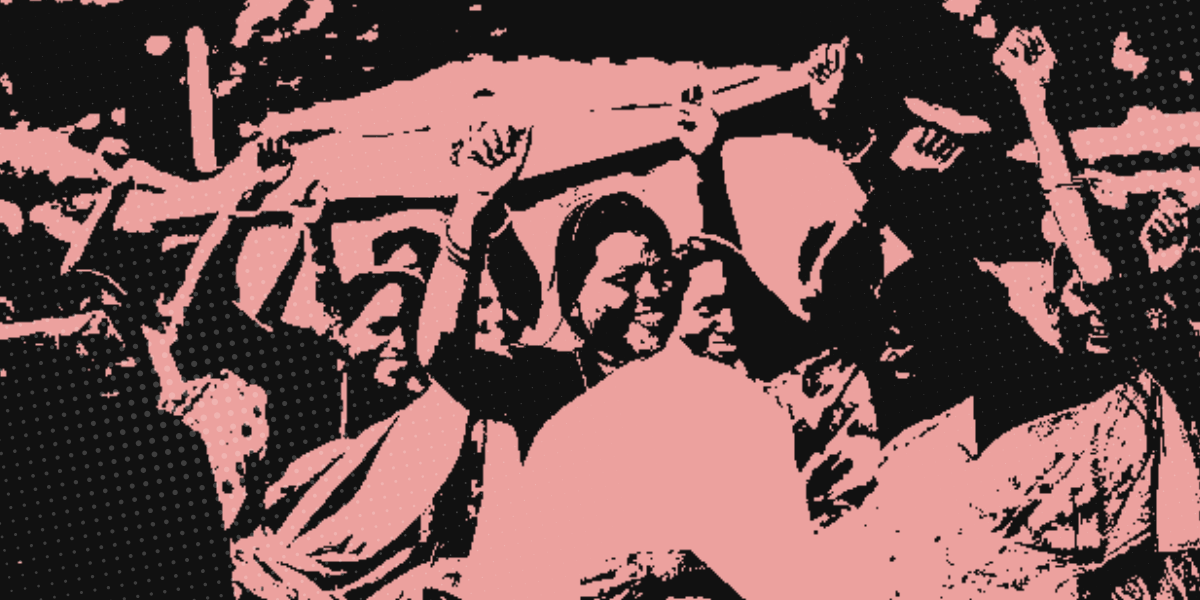Abstract
The independence of statutory authorities like the Competition Commission of India [CCI] is essential for the protection of fundamental rights and socio-economic development of the country. Recent policy developments have shed light on the issue of the independence of the CCI from the central government. The commentary will look at the Indian competition law regime, including the Act and the Bill to delineate the challenges to the independence of the CCI. Further, recommendations on policy and procedural changes that can balance the independence of the CCI with effective oversight will be given.
Introduction
The Competition Act, 2002 (the Act) is the antitrust legislation of India which seeks to prevent anti-competitive behaviour and promote healthy competitiveness in the market. The CCI is an independent, statutory authority that falls under the ambit of the Ministry of Corporate Affairs. The CCI, like other competition regulators, was created to protect and sustain competitiveness in markets, guard consumer interests, and ensure freedom of trade in India (Competition Act, 2002). To ensure that these objectives are fulfilled, the independence of the competition regulator from the government is imperative. This paper assesses the de jure independence of the CCI, i.e. the extent of its independence stated by the law, in light of established parameters.
About the authors
Saksham Malik is a Senior Research Associate at The Dialogue, a policy consultant, and a photographer from New Delhi. His work revolves around interdisciplinary research in the areas of antitrust, technology, and human rights. He is focused on employing tools of policy-making, legal aid, advocacy, and capacity building to advance the cause of social justice.
Karan Shelke is a policy professional working with Mr. Saksham Malik. He is also a course expert for the competition law course offered by Lawsikho. His interest lies in studying the intersection of technology and competition law. In his free time, Karan likes to read about international relations and political fiction.






